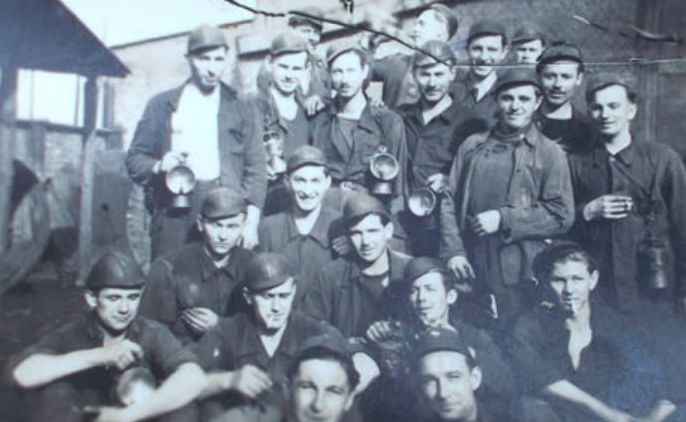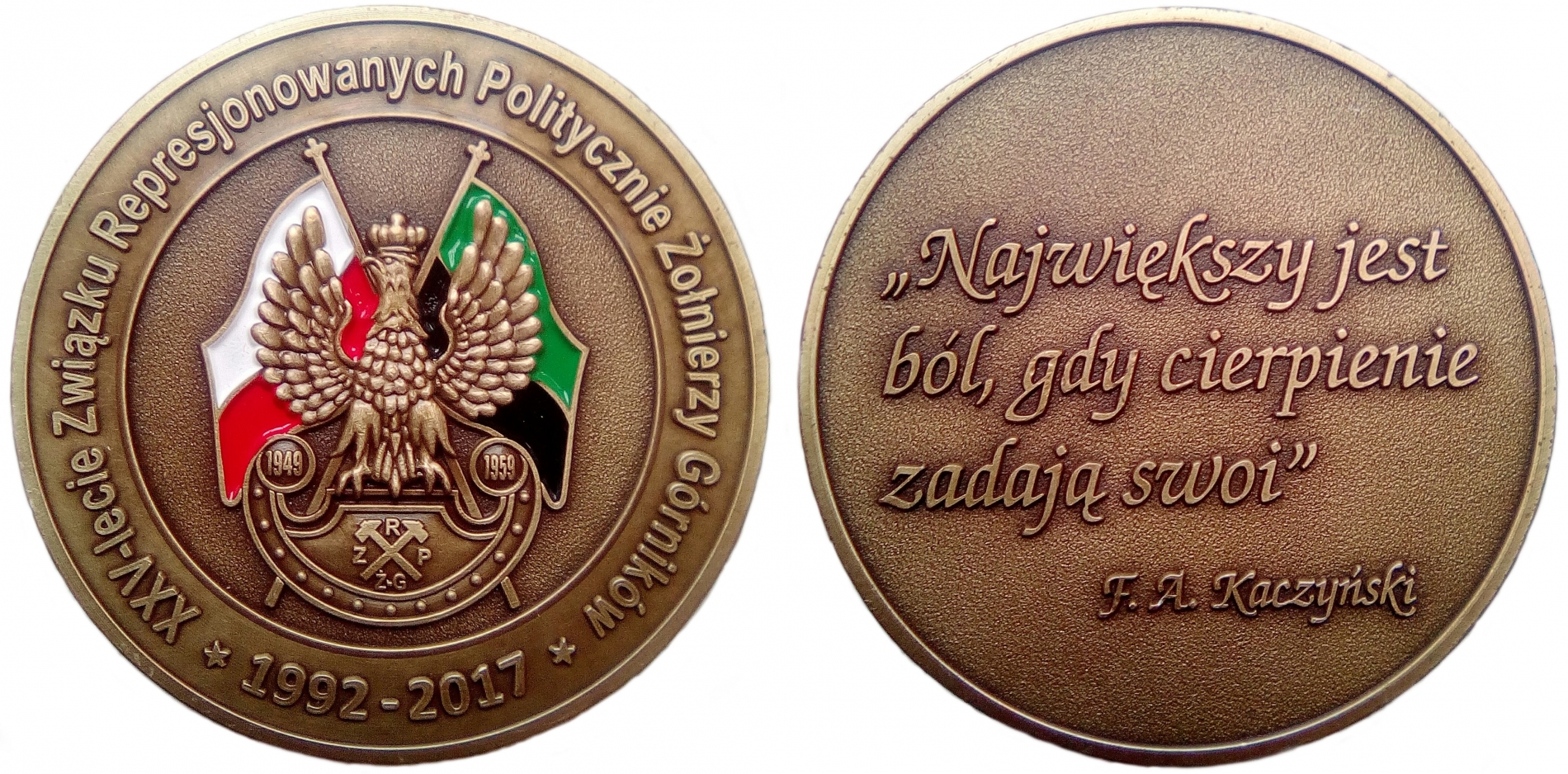YOUR BROWSER IS OUT-OF-DATE.
We have detected that you are using an outdated browser. Our service may not work properly for you. We recommend upgrading or switching to another browser.
Date: 05.09.2020
Solidier Miner Day, September 5
THE 25TH ANNIVERSARY OF THE ASSOCIATION OF POLITICALLY REPRESSED SOLDIER-MINERSSPEECH OF JÓZEF WĄSACZ, VICE-CHAIRMAN OF NATIONAL BOARD OF THE ASSOCIATION OF POLITICALLY REPRESSED SOLDIER-MINERS.
After the occupation of Silesia by the Red Army in 1945, a systematic deportation of mining specialists into the Soviet Union began. Most of the miners were Polish. In place of the qualified personnelprisoners and prisoners of war were being employed. However, as they were still short of workers, on August 5, 1949, under Order No. 036/GZPW, issued by the then Deputy Minister of Defense Edward Ochaba, four battalions were set up of approximately 4000 young soldiers who had been part of various independent and anticommunist organisations. After two months’ training, on 15 October 1949, theywere sent to work in the Silesian coal mines, and became a formation known as the Military Mining Corps. Over the years, this formation grew in numbers (during the peak period – in 1956 it had ap-proximately 35k soldiers) and recruitment regulations were clarified. However, from the very begin-ning, the actions of the organisation were directed against people who did not wish to identify with the predominant situation in Poland. Rebellious young people were sent to coal and uranium mines or quarries. They were used as slaves and the conditions in which they worked more often than notresembled conditions similar to those in labour camps. The Military Mining Corps was abolished byorder of the Minister of National Defence on 20 August 1959. Until terminated about 200 thousands soldier-miners had served in the battalions. About 1000 of them had died. Before 1989, the Military Mining Corps was not mentioned in public rhetoric. However, along with the return of free speech in 1992, a Union of Politically Repressed Soldier-Miners was created. It fights for the rights of their members and the restoration of good memory of their former colleagues.
In 2017 25 years have passed since the establishment of the Union. To celebrate this anniversary, we want to reprint the address of Joseph Wąsacz, the Vice President of the National Board of Directors, which was presented at the main anniversary celebrations in Warsaw on 12 June this year (as of the text of the brochure published by the National Board of the Union).
Let us remember about them on this day!
More about the history of the miners soldiers at Hereditas Minariorum journal published by Faculty of Geoengineering, Mining and Geology, Wroclaw University of Science and Technology (WUST), POLAND http://history-of-mining.pwr.wroc.pl/pdf/volIV/22_25 lecie%20Zwiazku%20Represjonowanych%20Politycznie%20Zolnierzy%20Gornikow.pdf


Medal struck on the 25th anniversary of The Association of Politically Repressed Soldiers-Miners